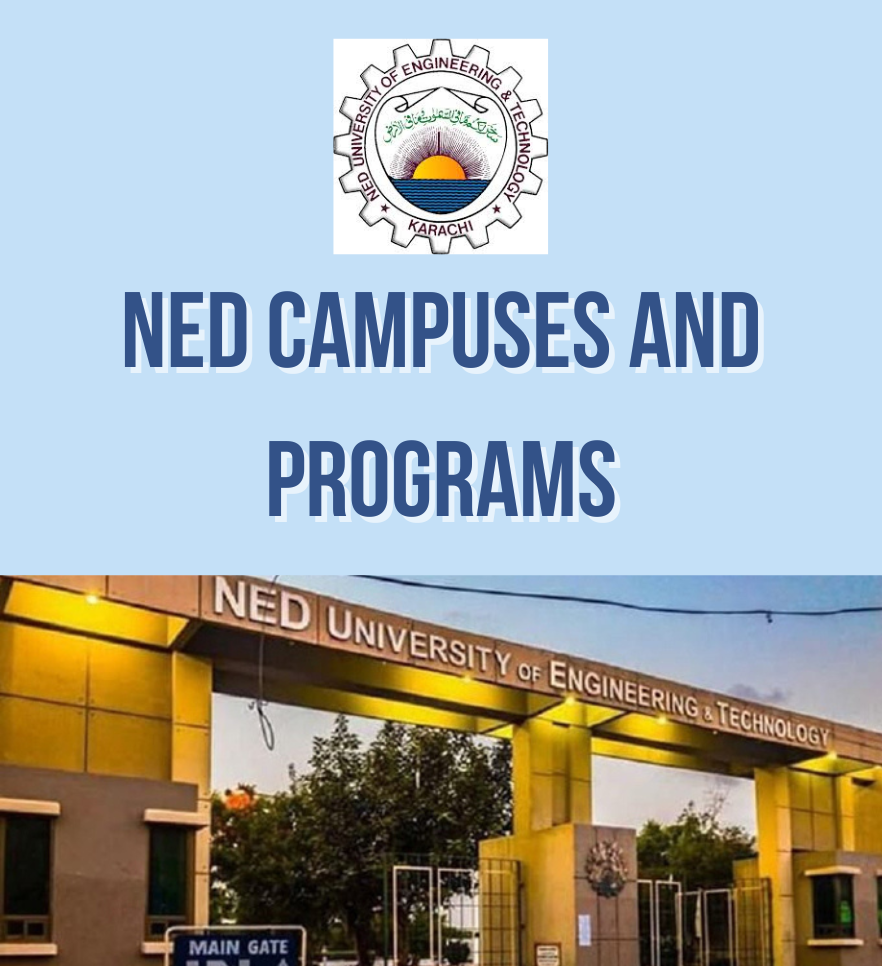- Concepts of Evolution
- Inheritance of Acquired Characteristics
- Darwin’s Theory of Evolution
- Neo-Darwinism
- Evidence of Evolution
For the complete syllabus, check out our PMDC MDCAT Syllabus 2025 article.
The Evolution of the Concepts of Evolution
The concept of evolution has undergone significant changes over time, shaped by both scientific inquiry and religious beliefs. For centuries, people have been curious about the origin of the diverse life forms inhabiting the planet. How did these living organisms come to be, and what drives their existence? These questions have led to the development of two main schools of thought: Divine Creation and the Theory of Evolution. Over the years, the understanding of evolution has evolved itself, with notable figures and key events marking pivotal shifts in scientific and cultural thought.
Origin of Diversity: The Roots of the Debate
The existence of a rich variety of living organisms has sparked philosophical and scientific contemplation for millennia. Early theories about the origin of species often sought to explain the vast diversity of life through divine intervention. From this viewpoint, life was seen as a result of intentional creation by a higher power, leading to the belief that species were created in their current form, immutable and fixed.
This concept, known as Divine Creation, dominated much of early thought. It suggested that God created all life forms, either simultaneously or at different intervals, with each species existing as a separate, unchanging entity.
Divine Creation: Early Supporters and Influence
Among the early proponents of Divine Creation was Father Suárez, a Spanish Jesuit philosopher, who adhered to the view that species were fixed and divinely created. Carolus Linnaeus, a Swedish botanist and one of the most influential figures in the history of biology, initially supported this idea. Linnaeus, widely regarded for developing the system of taxonomy used to classify organisms, viewed species as distinct, unchanging groups created by God. His work in categorizing life forms helped lay the foundation for later scientific studies, even though he too, like many of his contemporaries, was influenced by the prevailing religious views of his time.
The Theory of Evolution: A Paradigm Shift
In stark contrast to the notion of fixed species is the Theory of Evolution, which asserts that organisms evolve over time through gradual changes. This concept proposes that life forms are not static; instead, they undergo a process of transformation, evolving from simpler to more complex forms due to natural forces and environmental influences. George Buffon, a French naturalist, was one of the first to challenge the idea of Divine Creation with his support for the concept of continuous evolution. Buffon introduced the geological time scale, suggesting that the Earth itself was much older than previously thought and that life had changed over vast periods of time.
Buffon’s ideas about evolution were revolutionary at the time, especially his rejection of the fixity of species. His work set the stage for future evolutionary theorists, including Charles Darwin, who would later provide a more comprehensive theory of natural selection.
From Divine Creation to Evolutionary Biology
As the theory of evolution gained traction, it began to shape the field of biology. Over time, numerous evolutionary biologists contributed to the development of this theory, particularly in relation to human evolution. The idea that human beings, too, evolved from simpler life forms over time challenged religious doctrines, particularly those found in the Quran, which emphasizes the direct creation of humans by God.
This clash between scientific ideas and religious beliefs has persisted for centuries, as religious perspectives on creation—whether in Christianity, Islam, or other faiths—often reject the notion of evolution, especially when it comes to human origins. In the Quran, the creation of humans is described as a direct act of divine will, with no room for the gradual evolutionary process proposed by scientists.
Religious Perspectives: The Clash with Evolution
From a religious standpoint, particularly in the Islamic tradition, the idea of human evolution is often seen as incompatible with the divine narrative of creation. According to the Quran, human beings were created by Allah in a direct and intentional act. This view stands in contrast to the evolutionary model, which posits that humans, like all living organisms, evolved over time through natural processes.
For many people of faith, this conflict between religious teachings and scientific theories raises important questions about the nature of human existence, the role of divine will, and the origins of life on Earth. The ongoing debate between evolution and creationism continues to influence educational and cultural discussions worldwide.
The evolution of the concepts of evolution reflects a journey of discovery that spans centuries of thought, observation, and debate. From the early ideas of Divine Creation to the groundbreaking work of evolutionary biologists like George Buffon and Charles Darwin, the concept of evolution has transformed from a theological doctrine to a scientific theory with profound implications for our understanding of life.
Explore our MDCAT webapp for tests, video lectures, and complete prep resources.
Explore other universities
Popular articles






![What is the Difference Between National and Provincial MDCAT? [2025 Guide]](https://cdn.prod.website-files.com/6628ebd041f54989be2c96d9/684007a3801902d270fb1e95_Blog%20Thumbnail%20(94).png)